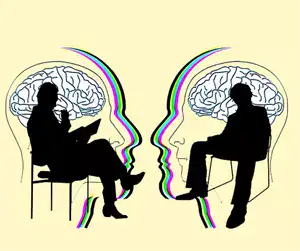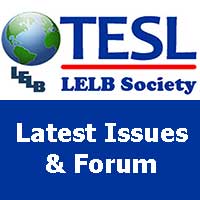Interactive Negotiation of Meaning & Form in ESL Classes
Interactive negotiation of meaning and form in ESL classes written by Dr. Mohammad Hossein Hariri Asl Author: Dr. Mohammad Hossein Hariri Asl Video of interactive negotiation of meaning Watch this video on YouTube. Abstract Second language learning and teaching cannot be taken for granted, and it cannot take place in a vacuum. From the advent…




